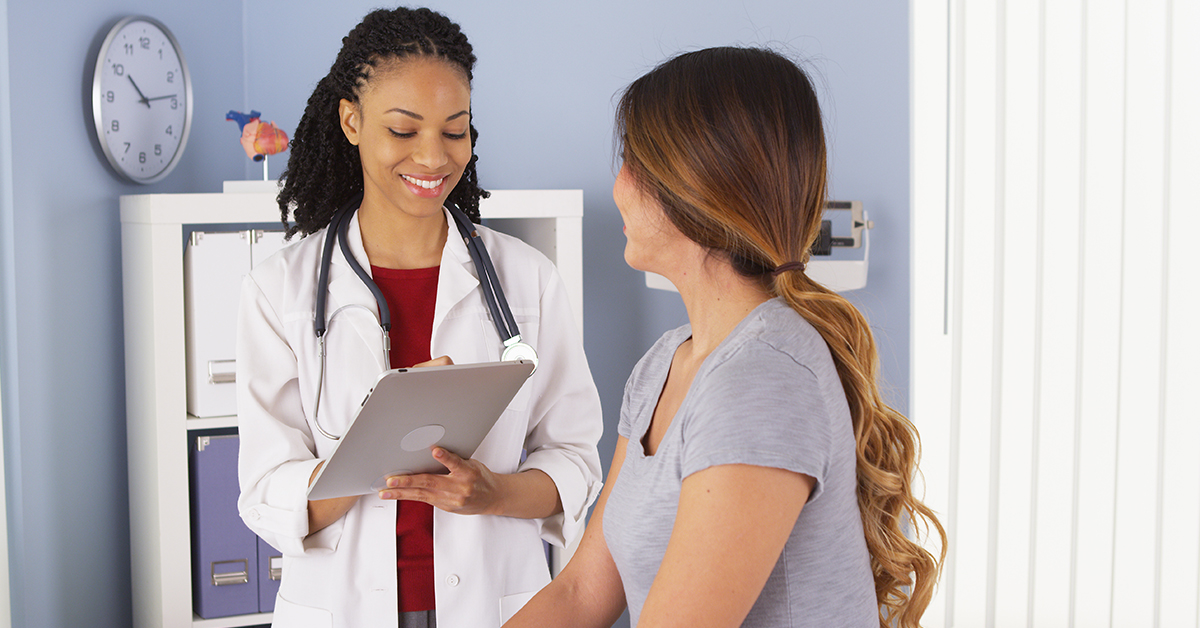Considering moving to Javea but not sure how the healthcare system works?
You’ll be happy to know the Spanish healthcare system ranked 7th among global economies according to the World Health Organisation. Spain has the highest life expectancy at birth among EU countries, and the average waiting time to see a local GP is between 5-10 days.
Spanish healthcare is also largely free for residents.
But there’s a catch.
5 requirements to receive public healthcare in Javea
If you’re not a Spanish resident you’ll need to meet requirements to receive subsidised public healthcare in Javea:
- Be an EU/EEA national and have an EHIC card (European Health Insurance Card)
- Be an EU or EEA pensioner (if you’re a UK pensioner you can still access Spanish healthcare – you’ll need an S1 form)
- Be the spouse, common-law partner, dependent or child (under 26) of someone insured by the public healthcare system in Spain
- Be divorced or separated from someone insured by the public healthcare system in Spain
- Be employed or self-employed and pay social security contributions in Spain
If you do not qualify for the above you’ll have to take out private health insurance in Spain. Your residency in Spain may be conditional on already having private health insurance.
Assuming you fulfil the requirements – or will after you arrive – here’s how to apply for social security and healthcare in Javea.
How to apply for social security & healthcare in Javea
Step 1 – get your social security number
If you’re an employee, your Spanish employer will register you with the Spanish social security authority.
If you’re self-employed or otherwise qualify for public healthcare in Javea, then you can go straight to your nearest Tesorería General de la Seguridad Social (TGSS). The closest one to Javea is in Denia:
Tesorería General de la Seguridad Social
Passeig del Saladar, 41
Denia (03700)
Alicante
+34 96 578 00 22
Open 9am-2pm Monday to Friday
You will need to bring:
- A valid passport or national identity card
- Your Tarjeta de Identidad de Extranjero (TIE card) or similar residency certificate with your Numero de Identidad de Extranjero (NIE number) printed on it
- Application form completed and signed (Modelo TA.1)
- Padrón certificate (no more than three months old)
If you’re a UK pensioner and have all the above documents plus an S1 form you will need to visit your local Instituto Nacional de la Seguridad Social (INSS) – not the TGSS. The closest one to Javea is housed in the same building as the TGSS above.
Read more about registering your S1 form in Spain from this UK government page.
NOTE: You may need to get an appointment at the TGSS and INSS prior to arriving. This was necessary in the months after the COVID-19 pandemic and required you to telephone a specific number at precisely 9am, and the service was in Spanish. Ask in local Facebook groups or contact a specialist in processing residency and social security tasks for expats.
Step 2 – Get your public health card in Javea
Once you are registered with Spain’s social security system, you should have your número de afiliación a la Seguridad Social (social security number).
You can now head to the Centro de Salud in Javea’s old town:
Centro de Salud Pueblo-Urgencias
Plaza de la Constitución
Javea (03730)
Alicante
+34 96 642 81 50
Open 9am-2pm Monday to Friday
You will need to bring:
- A valid passport or national identity card
- Your Tarjeta de Identidad de Extranjero (TIE card) or similar residency certificate with your Numero de Identidad de Extranjero (NIE number) printed on it
- The printed document with your número de afiliación a la Seguridad Social
- Padrón certificate (no more than three months old)
You should now receive a temporary Tarjeta Sanitaria (health card). This is called the ‘SIP’ card in the Valencian Community which stands for Sistema de Información Poblacional (population information system).
On the back of the card should appear the name of your GP in Javea. This doctor is called your médico de cabecera and will be the person you meet with first for any appointments or consultations in Javea.
Your plastic card should arrive at your address by post. Or you can pick it up in person at the Centro de Salud in Javea.
NOTE: If you live closer to the port area of Javea, you can get a médico de cabecera there and avoid travelling to the old town every time you see your doctor.
How does the public healthcare system work in Javea?
You can telephone the Centro de Salud in the old town of Javea or the Centro de Salud Duanes de la Mar in the port area and request an appointment any day between 9am-2pm.
You should be able to get an appointment within the following seven days. However, after the COVID-19 pandemic the average waiting time for an appointment in the Valencian Community is 10 days.
Your médico de cabecera will receive you at your appointment time and make any necessary referrals or appointments with specialists.
You can also request a telephone appointment with your médico de cabecera .
The above is completely free of charge.
If your doctor issues you with a prescription, this will automatically be loaded onto your tarjeta sanitaria. You can now visit any pharmacy and purchase your prescription over the counter. You will pay a small percentage of the actual cost depending on your age and income.
NOTE: Pharmacies in Javea are open from 9am-2pm and then from 5pm-8pm or 5pm-9pm. Pharmacies take turns after hours to be the Farmacía de Guardia. These will stay open all night for emergencies and you can find out which pharmacy is the current Farmacía de Guardia in Javea here: http://www.farmaciadeguardiajavea.com/
How does the social security system work in Javea?
There are no social security offices in Javea. However, you may need to deal with the social security system in the following circumstances:
- Unemployment – once you’ve made social security contributions for a minimum of 360 working days during the previous six years, you are entitled to unemployment benefits for at least four months. Generally you can expect to make 70% of your average monthly salary for 180 days and 50% thereafter until your quota runs out.
- Paternity & maternity leave – either the mother or the father can apply for a minimum of 16 weeks paid maternity/ paternity leave. You can choose to take it all at once, or take at least 6 weeks and then space the remainder out as suits your schedule. You can expect to receive 100% of your average daily wage and self-employed workers are exempt from paying social security contributions.
- Pension – once you’ve made social security contributions for 15 years you qualify for the Spanish minimum state pension. At least two of these minimum years must be in the 15 years preceding your pension claim.
Employers typically pay 29.9% of your monthly wage as your social security contribution – and on top of your salary. A further 6.35% is dedicated from your monthly wage as an extra social security contribution. There’s also a variable rate to pay for occupational accidents (e.g. 1.5% for office workers).
Self-employed workers pay a monthly quota to cover their social security contributions. The quota starts at €230 for workers earning under €630 per month, and goes up to €500 for workers earning over €6,000 per month. If you earn between €1,000 and €3,000 per month expect to pay around €300.
NOTE: If you are a first-time self-employed worker in Spain you can apply for an 80% discount on your social security contributions for the first 12 months, followed by a 50% discount for 6 months and a 30% discount in the final 6 months.


